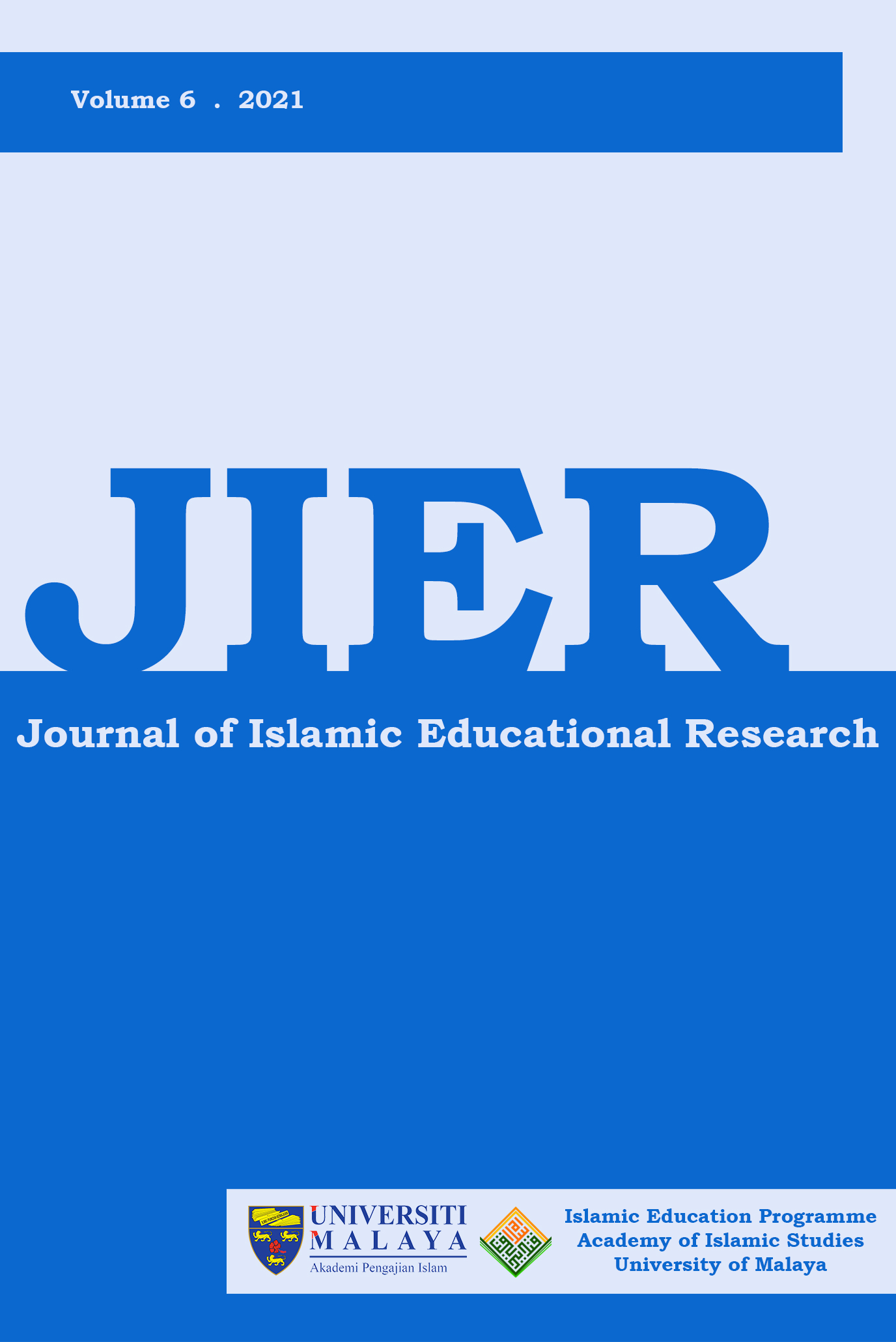LEARNING STRATEGIES DURING PANDEMIC: PARENTS’ IDEAS FOR EARLY CHILDHOOD DISTANCE LEARNING
DOI:
https://doi.org/10.22452/jier.vol6no2021.8Keywords:
Parents, Distance Learning, Learning Resources, Reading Material, Islamic KindergartenAbstract
The current pandemic period provides new experiences for parents to recognize distance learning methods. However, parents felt overwhelmed in their efforts to support their children’s learning at home. The situation creates new problems for parents who are not very familiar with the realm of technology, which also impacts their role. This article investigates the involvement of parents in assisting children during the COVID-19 pandemic. By the case at Kindergarten (PAUD) Intan Permata Aisyiyah in Surakarta and the data was collected through FGD, observation, and interviews, I concluded that some parents have certain ideas and strategies to make distance learning easy and fun so that children do not feel bored studying at home. The strategies used by parents include: 1) providing scope and summary of the learning material that the child will learn, 2) communicating the learning objectives briefly, 3) providing learning resources, either through reading material in textbooks or on the internet, and 4) flexibility study time.
Downloads
Downloads
Published
How to Cite
Issue
Section
License
The published manuscript shall be a copyright of the Islamic Education Programme, Academy of Islamic Studies, University of Malaya, Kuala Lumpur, Malaysia. The published manuscript would not represent the stand or opinion of the Advisory Board, Editorial Board, Co-Editorial Board and the Management Team of Journal of Islamic Educational Research (JIER), or the Islamic Education Programme, Academy of Islamic Studies, University of Malaya.
Note: This is an open access journal which means that all content is freely available without charge to the user or his/her institution. Users are allowed to read, download, copy, distribute, print, search, or link to the full texts of the articles in this journal without asking prior permission from the publisher or the author. This is in accordance with the BOAI definition of open access.






